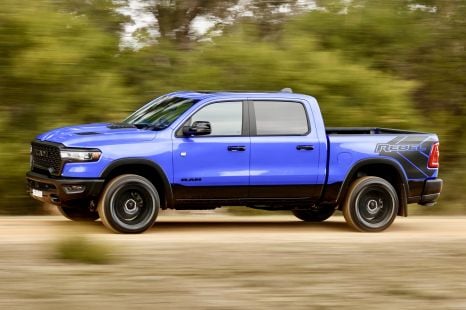

Max Davies
2026 Ram 1500 Rebel review
5 Days Ago
Mitsubishi believes the testing indicates a "good level" of occupant protection. The mechanically identical Renault Trafic will not be hit with the same score.

Senior Contributor
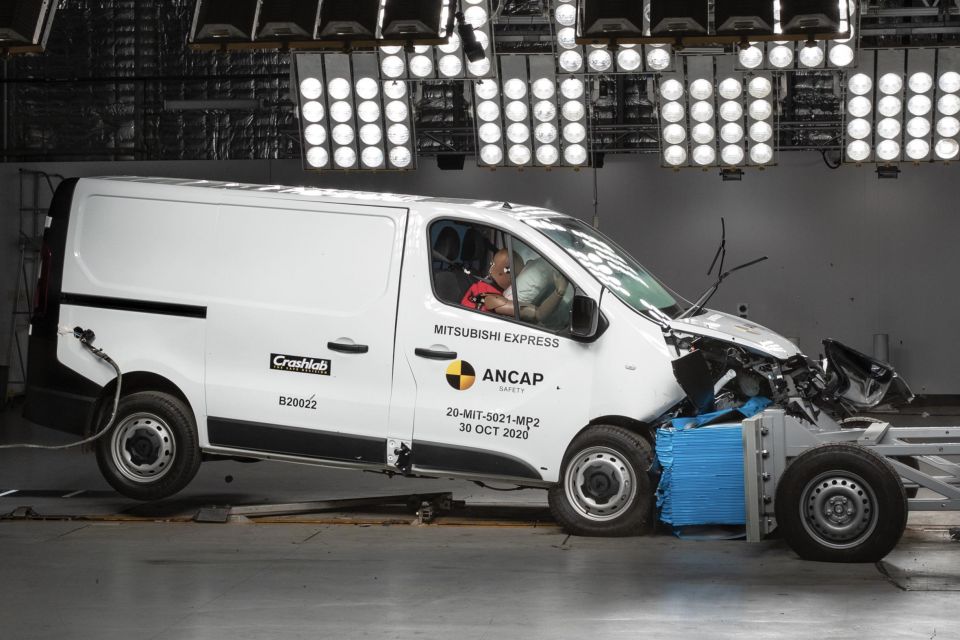

Senior Contributor
The recently-launched Mitsubishi Express van has been hit with a disastrous zero-star crash rating from independent safety tester ANCAP.
It’s the first time a zero-star score has been issued.
This degree of failure is down to the absence of active safety assist features now common in vans, such as autonomous emergency braking (AEB), lane-keeping assist, and blind-spot monitoring.
The crash tester awarded the Express just seven per cent in the ‘safety assist’ section.
ANCAP says such a low score in this section meant the Mitsubishi was unable to qualify for even a single star irrespective of the van’s performance in other areas.
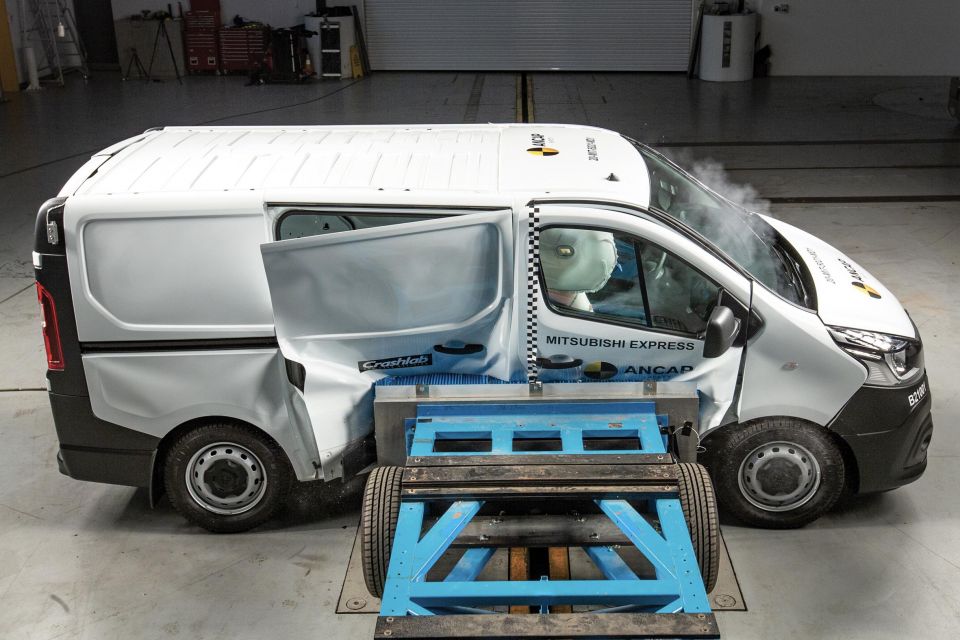
The Mitsubishi was actually awarded ‘marginal’ scores in physical impact protection, with scores of 55 per cent for adult occupant protection and 40 per cent for vulnerable road-user protection.
The test result carries a 2021 date stamp, meaning the testing criteria used were the very latest. ANCAP progressively scales up the difficulty of its tests, as cars become safer.
The reborn Mitsubishi Express that went on sale last year is in fact a badge-engineered Renault Trafic. It’s made in the same plant, and only the badges and the grille are unique.
However, the Renault will not receive the same zero-star score as its twin. It will instead remain unrated.
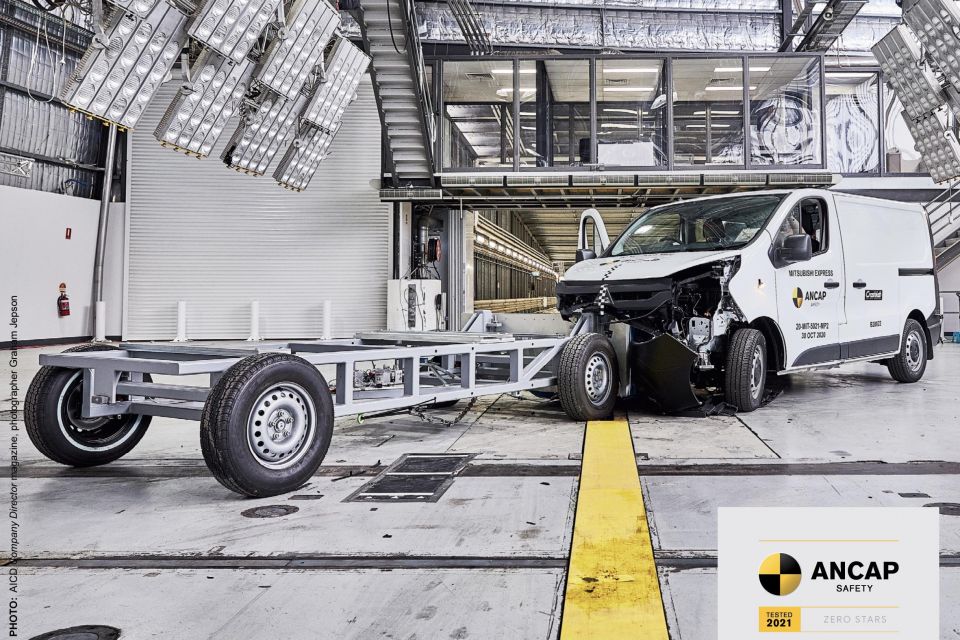
This is because it never received an ANCAP crash score when it went on sale in Australia during 2015.
The Renault did receive a three-star Euro NCAP score with a 2015 date stamp – including 57 per cent for safety assist – but this testing criteria was easier due to when it occurred. Moreover, ANCAP and Euro NCAP did not fully align their testing protocols until 2018.
ANCAP says despite the Express being based on an older design, it was launched in 2020 as a new-to-market vehicle and should therefore be judged accordingly.
“Mitsubishi recently introduced the Express into our market, but its specifications do not align with today’s safety expectations,” said ANCAP chief executive Carla Hoorweg.
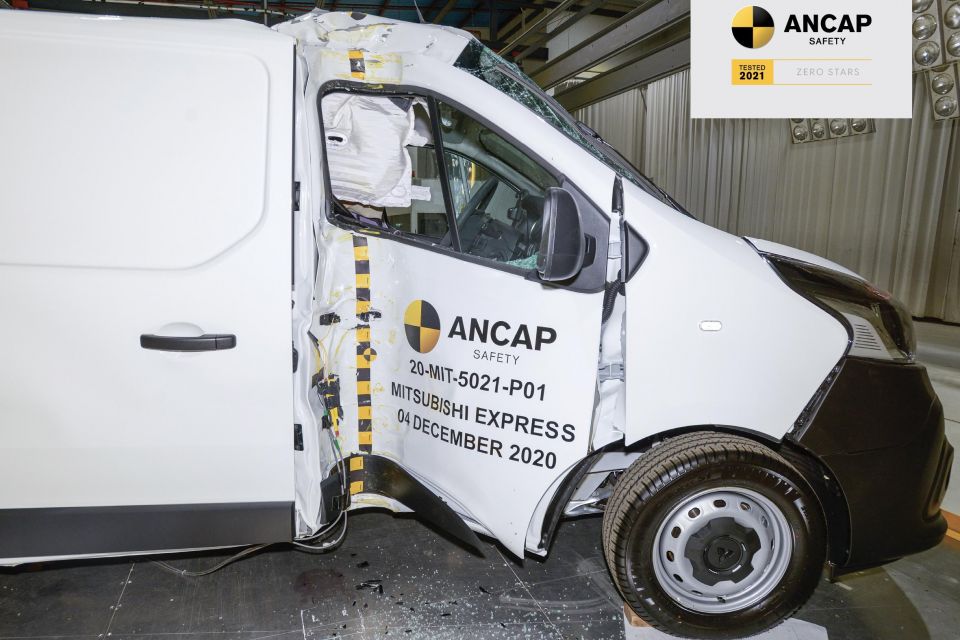
“Unfortunately we saw below par performance for protection of occupants and vulnerable road users from the Express, with results lowered even further due to a fundamental lack of active safety systems.”
The zero-star rating will make the Express ineligible for purchase by a wide range of fleets and commercial buyers that have for many years required five-star rated vehicles as an OH&S policy.
In response, Mitsubishi Australia says the van meets all Australian Design Rule requirements, and that it has no plans to remove the vehicle from sale.
“The van was designed in accordance with the 2015 NCAP protocols. There has been significant movement in the application of driver assistance technologies since that time, which has been reflected in the new NCAP protocols against which this van has been tested,” a company spokesperson told us.
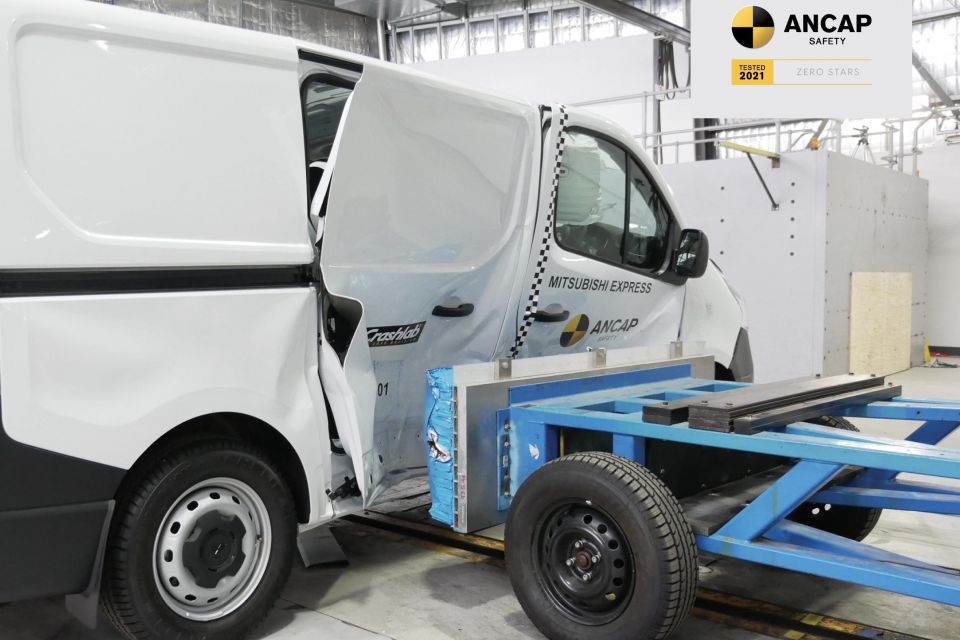
“Compared to competitor peers of a similar age, the vehicle holds a competitive position in terms of NCAP rating. It holds a three star (2015) rating in Europe, ANCAP did not report NCAP’s earlier rating.
“The technology included in the vehicle reflects the lifecycle cycle of commercial vehicles, which is generally eight years or more.”
Mitsubishi went on to say the testing indicated a “good level” of occupant protection. The Express comes standard with dual-front airbags, dual-side curtain airbags, and a driver-side chest-protecting airbag.
ANCAP disagreed, stating:
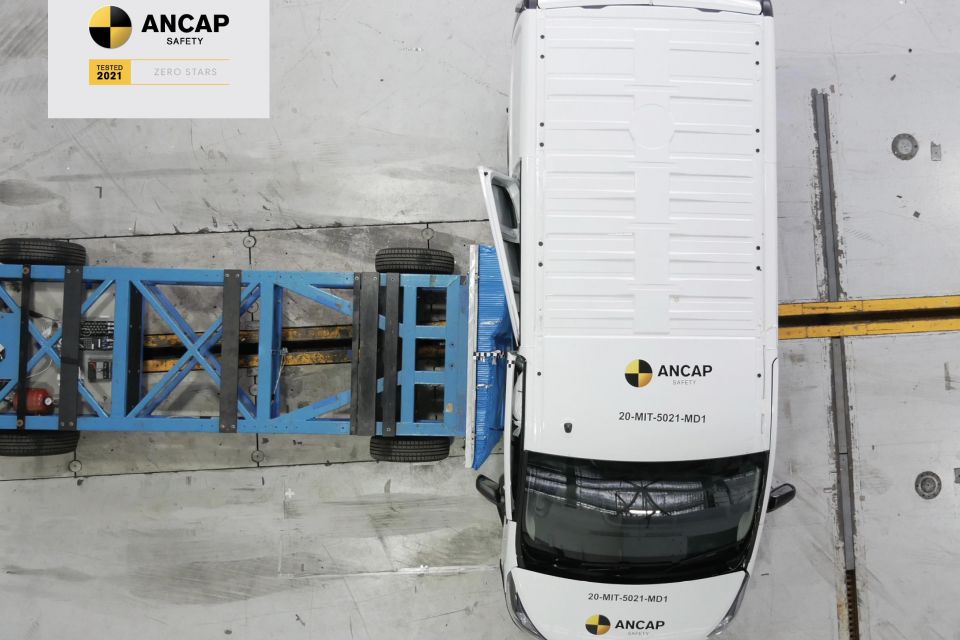
“Physical crash performance of the newly released Express was marginal in areas, with notable risk of serious injury to the chest of the driver in three of the four destructive crash tests (frontal offset, full width frontal and oblique pole tests).
“A penalty was also applied for potential hard knee contact points for the driver in frontal crashes, and close to the maximum penalty applied for ‘aggressivity’ in frontal collisions with other vehicles.
“Further penalties were applied for significant deformation of the side cargo door in both the side impact and pole tests creating openings through which partial ejection may be possible.
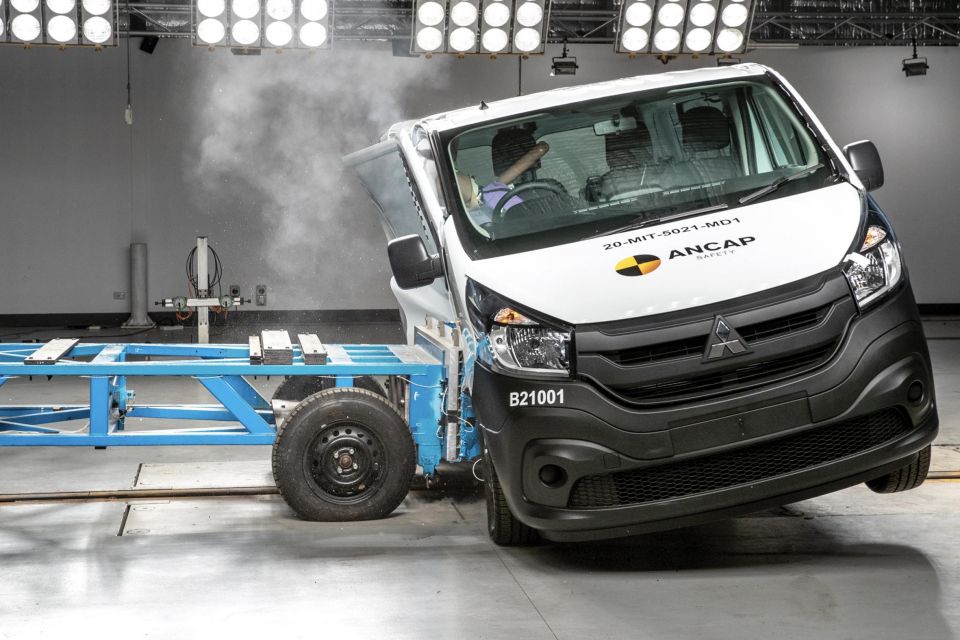
“A high risk of neck injury was recorded for the driver in the whiplash test, with passenger whiplash injury risk likely to be higher due to the basic design of the bench seat and head restraints fitted for the two front-row passenger seating positions.
“There is no chest-protecting side airbag fitted on the passenger side, nor is a centre airbag fitted for protection in side crashes. A frontal airbag for the centre passenger seating position is also not offered.”
By way of context, ANCAP awarded the top-selling Toyota HiAce five stars in 2019. It also upped the rating for the Ford Transit Custom to five stars for vehicles sold from September 2019 onwards after the fitment of AEB and lane assist.
The Mercedes-Benz Vito scored five stars back in 2014 against much earlier protocols.
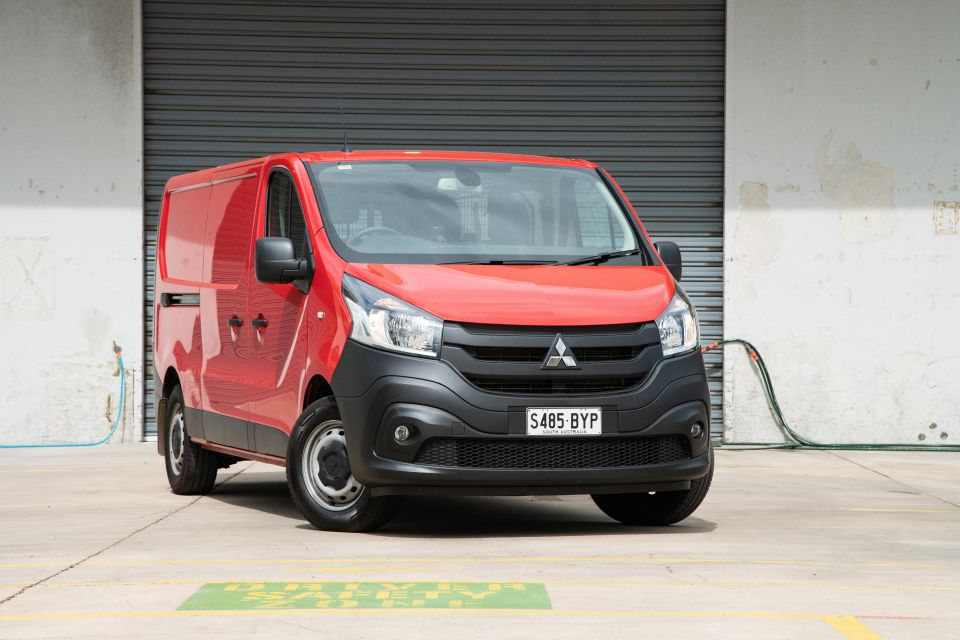
The LDV G10 has a three-star rating but against older 2015 protocols, while the Hyundai iLoad was awarded four stars way back in 2011.
It would no doubt be interesting to see how this pair – plus the Renault Trafic – would perform against the 2021 test protocols under which the Express was tested. ANCAP published a study on the active safety performance of numerous vans late last year.
Renault has previously committed to fitting the latest active safety features to the Trafic, and these would also apply to the Express. ANCAP says it would be open to re-testing the vehicle then.
“Safety rating criteria and consumer expectations have evolved, as have manufacturers’ desire and ability to introduce improved levels of safety,” said ANCAP CEO Ms Hoorweg.
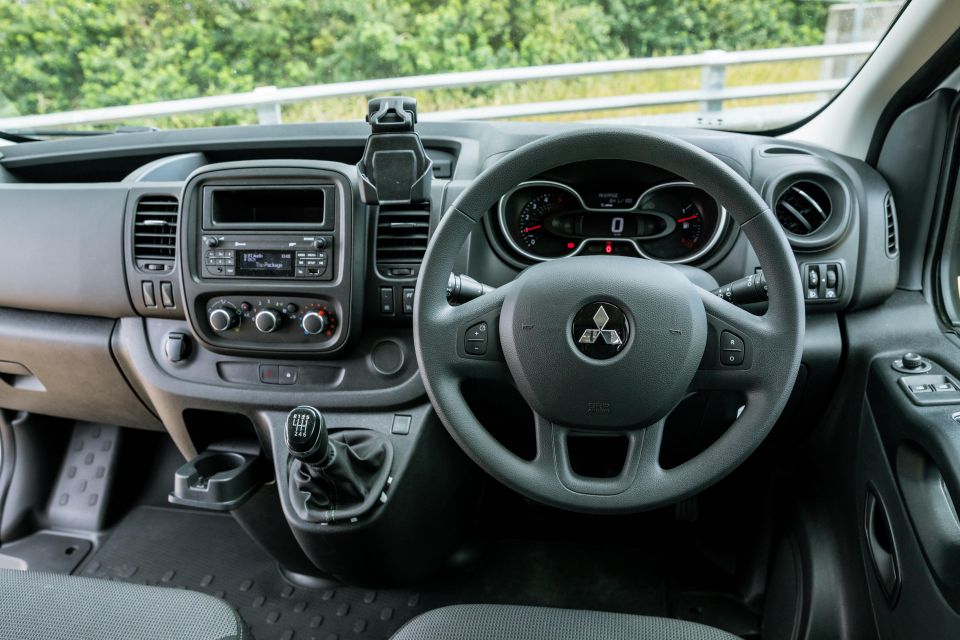
“We know Mitsubishi can deliver vehicles with high levels of overall safety and a wide range of modern safety technologies and we encourage them to accelerate the introduction of these features into their van product.”
In a strange historical coincidence, the old-version of the Mitsubishi Express – which was a full Mitsubishi product – scored a then-record-low one-star ANCAP score in 2007.
When it was retired in 2013, a then-spokesperson for the company said: “We believe that it’s not right to be bringing in a one-star van. There’s still a market for a van at that price and it’s still a good seller but we’ve decided to make that conscious decision that it’s about safety.”
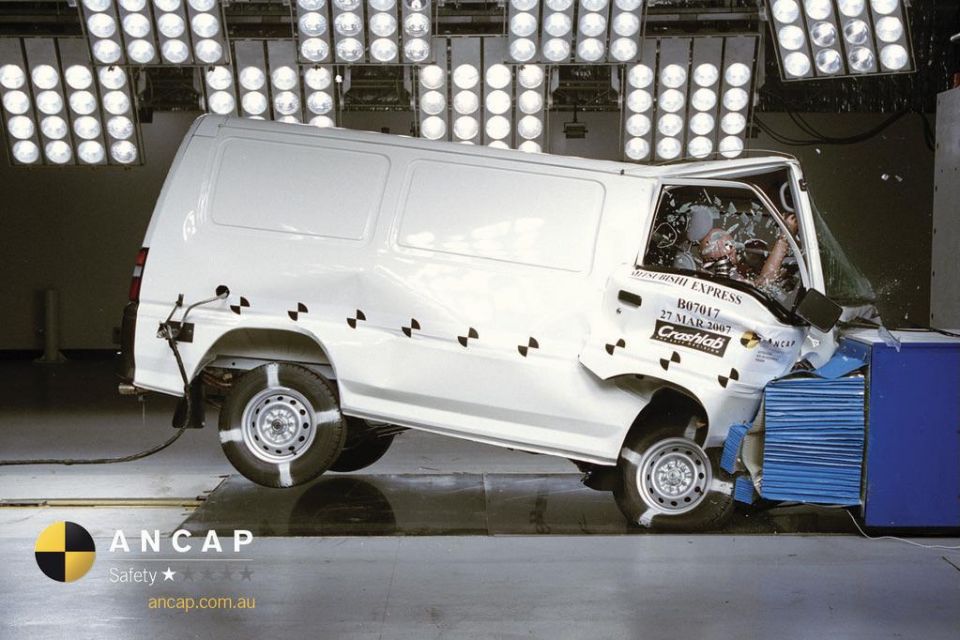
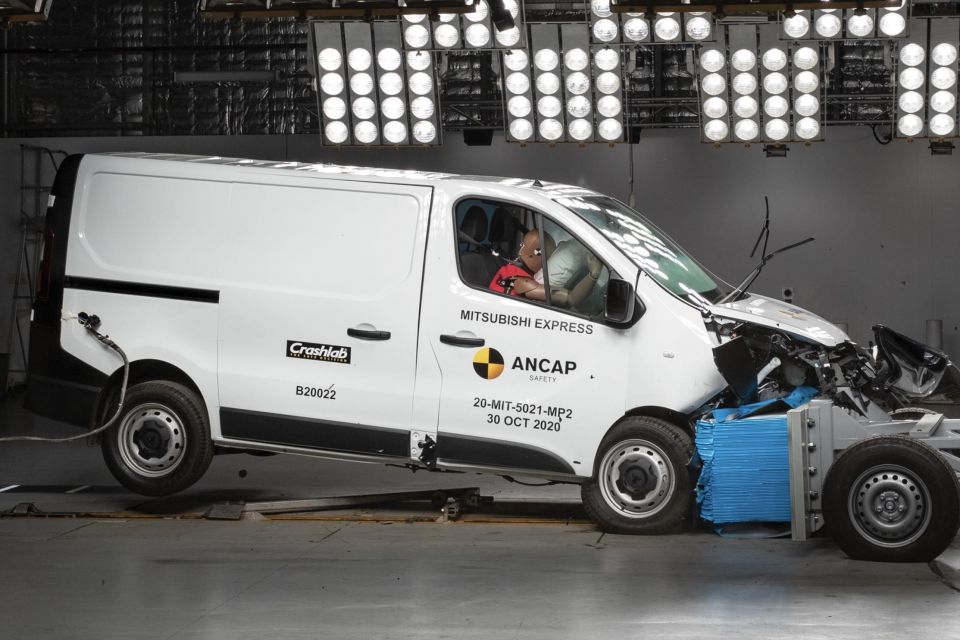
Mitsubishi would no doubt argue the current Express is much safer than the old model given the degree of deformation on impact, and the fitment of airbags and stability control that were not offered on the old model.
The zero-star result is a disaster for Mitsubishi, and its scores in actual impact protection were below par, compared to various big-selling competitors.
But it also raises questions about the clarity of ANCAP’s testing, since an almost-identical Renault carries no ANCAP score and that various competitor products carry higher star ratings, but from a far earlier time period when testing was simpler.
MORE: ANCAP ratings, everything you need to know MORE: Mitsubishi Express news, reviews and more
Where expert car reviews meet expert car buying – CarExpert gives you trusted advice, personalised service and real savings on your next new car.


Max Davies
5 Days Ago
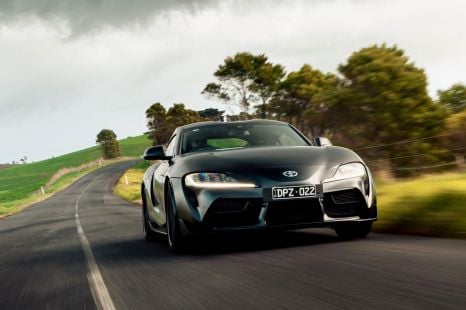

Max Davies
4 Days Ago
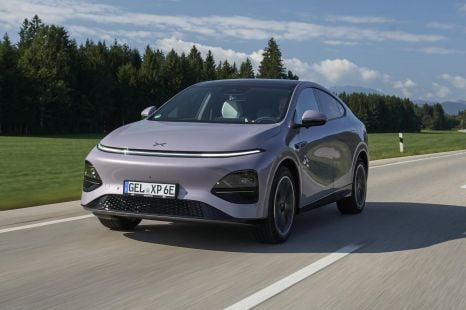

Neil Briscoe
3 Days Ago
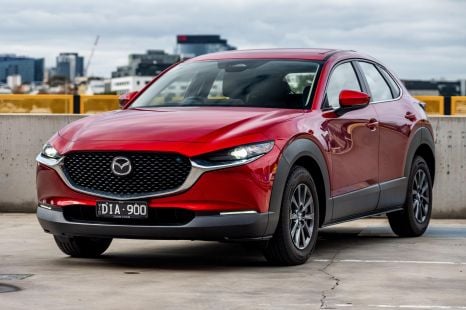

Max Davies
2 Days Ago
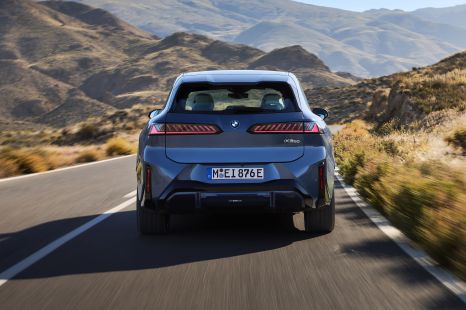

Alborz Fallah
9 Hours Ago
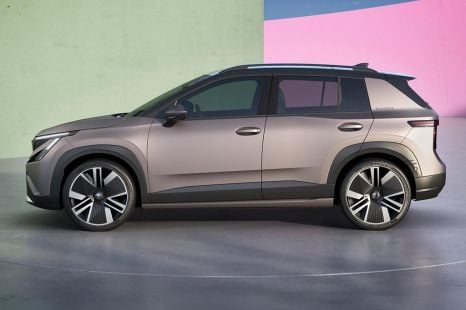

Damion Smy
9 Hours Ago